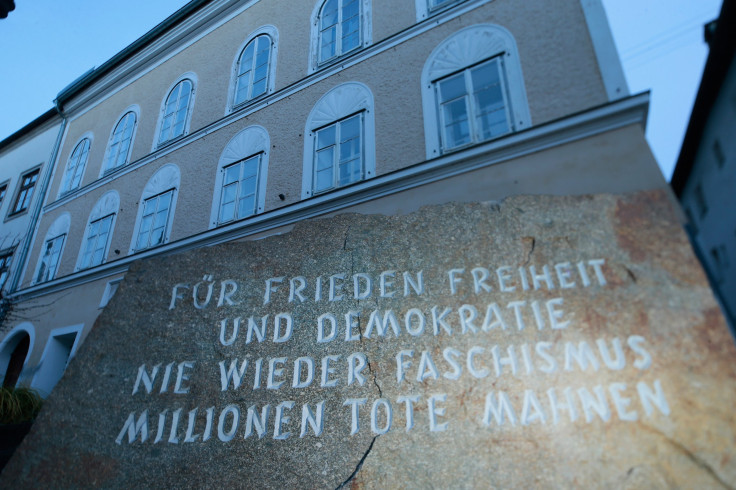Adolf Hitler House May Face Takeover By Austria Parliament

The Austrian Parliament is drafting a law to take over a house once belonging to Adolf Hitler, the New York Times reported Saturday. The town of Braunau has long held a symbolic significance, since neighboring Germany's defeat in World War II, as the birthplace of the leader of the Nazi Party.
The problem has been what to do with the house. A spokesman for the Austrian Interior Ministry told the Times that the law will be debated this summer as a panel of experts draft a recommendation over what should happen to the building.
The house, which the government has rented for $5,700 since 1972, was a kind of attraction from 1938 until Hitler's death and the Third Reich's fall in 1945. The Austrian government is determined to deny it any further use to neo-Nazis or the “memory of National Socialism.”
Hitler abandoned any personal connection to the house after he moved to the town of Linz as a young man, and later to Munich where he began his winding path to power. Years later, Martin Borman, head of the Nazi chancellery, bought and restored the house as a site of cultural and historical significance.
The designs on Hitler's house are part of the broader spirit in Austria and Germany, both of which have long banned any display of Nazi flags or memorabilia. Any genuine attempt to promote Nazi politics or ideas in Austria can earn one up to 10 years in prison.
Outside the house is a small memorial that reads, “For Peace, Freedom and Democracy/Never Again Fascism/Millions of Dead Warn."
The family that had owned the house bought it back after the war, the Times added, and the building's owners have neglected the infrastructure and need for renovation for many years. The last tenant left in 2011.
© Copyright IBTimes 2024. All rights reserved.












